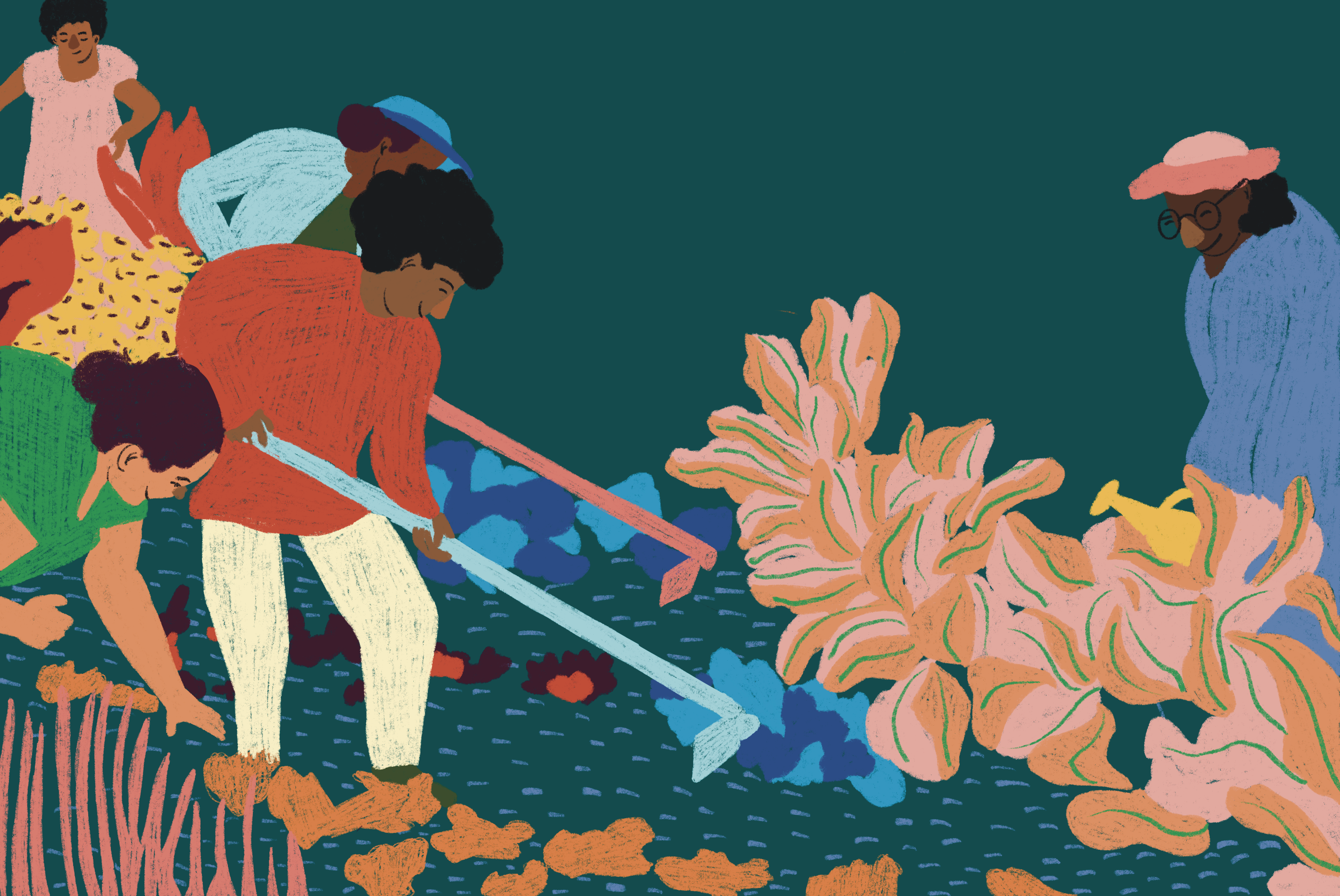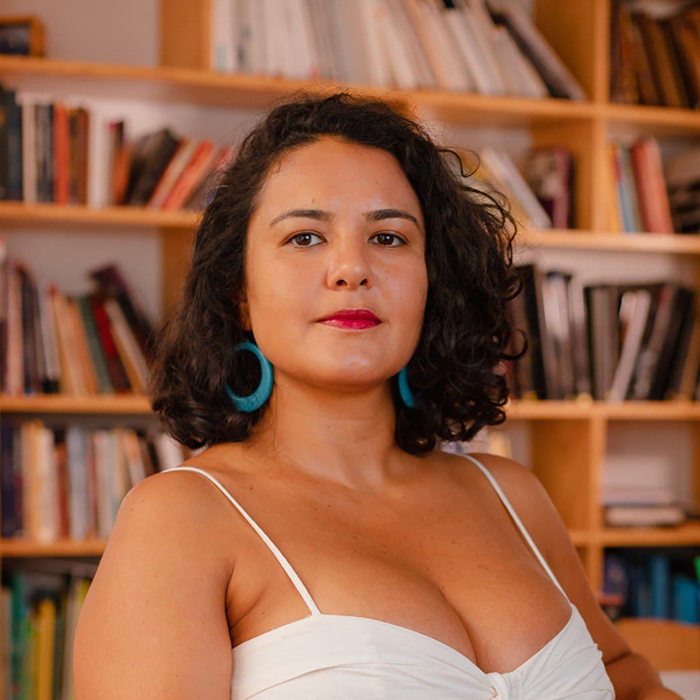


This book presents 8 experiences from Latin America with a diversity of structures, practices and ways of understanding the world which shows worlds that already exist and are being created and generated at every moment, here and now. They invite all of us, those who are unsatisfied with the world and want to provoke change and those who are already doing so, to get inspired with the learnings shared and throw ourselves more to experimentalism and collective ways of production and reproduction of life and political engagement.
Commons Now reunites stories, practices and thoughts which gather a repertoire of possibilities, of ways we can organize ourselves collectively to build a place which allows all living beings the right to life in all of its completeness. In this work we call the Commons this set of political practices and learnings of collective structures of organization, ways of collectively connecting and addressing needs and problems. Here you will find ways of existing in the world which divert from the “single thought” of capitalist monoculture and that are based on anti-hegemonic practical concepts. Ways which emphasize the power of everyday politics and acting as a community: Commons, prefigurative politics, Bem Viver (Good-Living), Quilombismo, Axé, macumba.
In our context and experiences, what presents do these practices inspire and what futures do these experiences point to? What can we learn from them?
About me
Georgia Nicolau is a Brazilian creative professional, researcher, trained facilitator and consultant in the areas of social organizations, collective action, innovation and culture and arts. She is interested in everything that has to do with a transition to a fairer, egalitarian and cooperative world. Since 2020 she is a Fellow at the Atlantic Fellows for Social and Economic Equity programme at the London School of Economics and Political Science (LSE) where she developed the booklet Commons Now: Latin American Spells for Collective Action. Since 2016 she works at Procomum Institute, a commons-oriented NGO that she co-founded and where she is currently director of programs and partnerships and institutional development. She is a co-author of several books and publications about the commons, innovation, digital culture and citizenship and is one of the personalities portrayed in the book Generation Share: The Change-Makers Building the Sharing Economy. She is also an alumni at the Global Cultural Leadership programme from the European Union.
